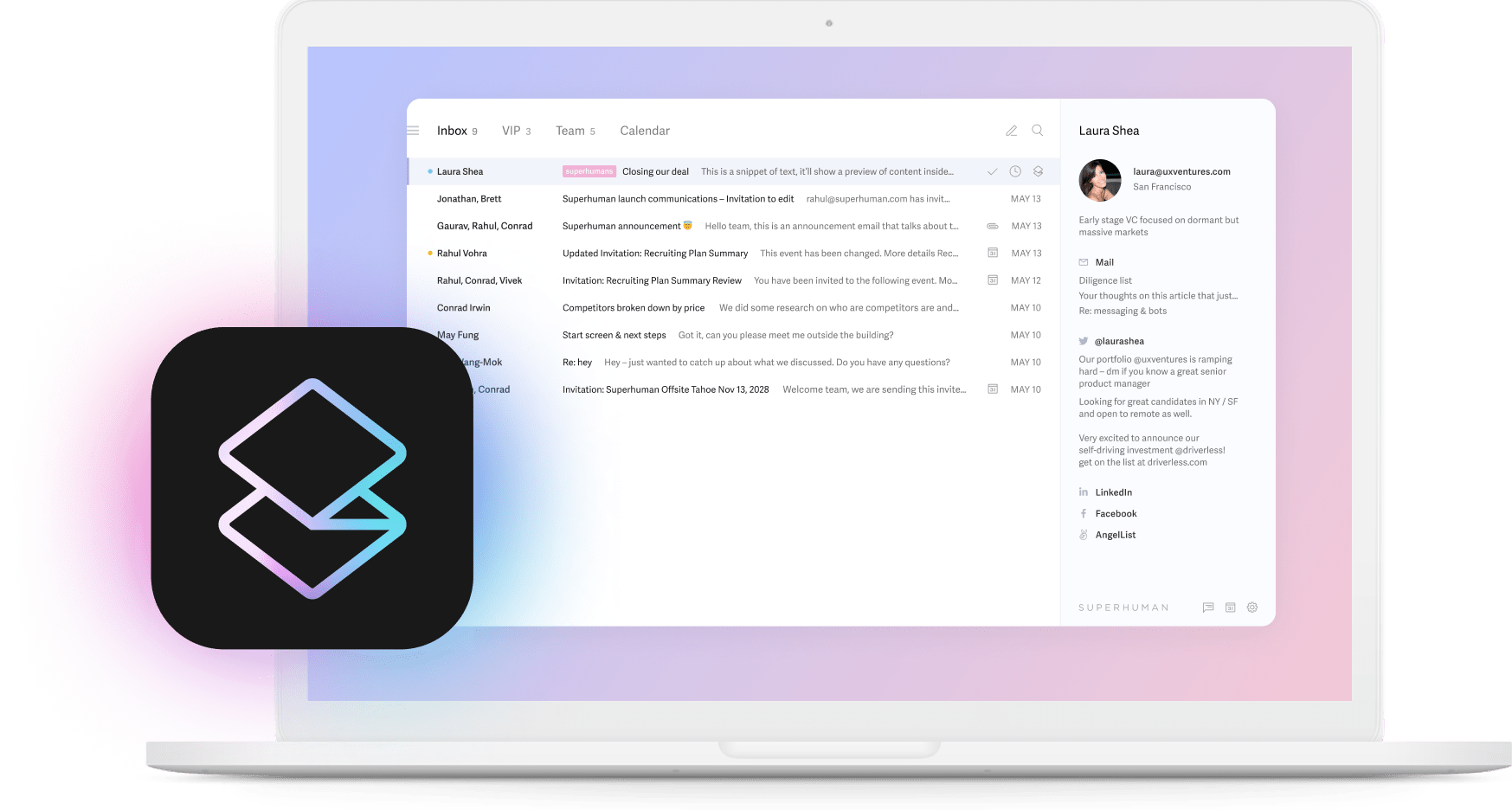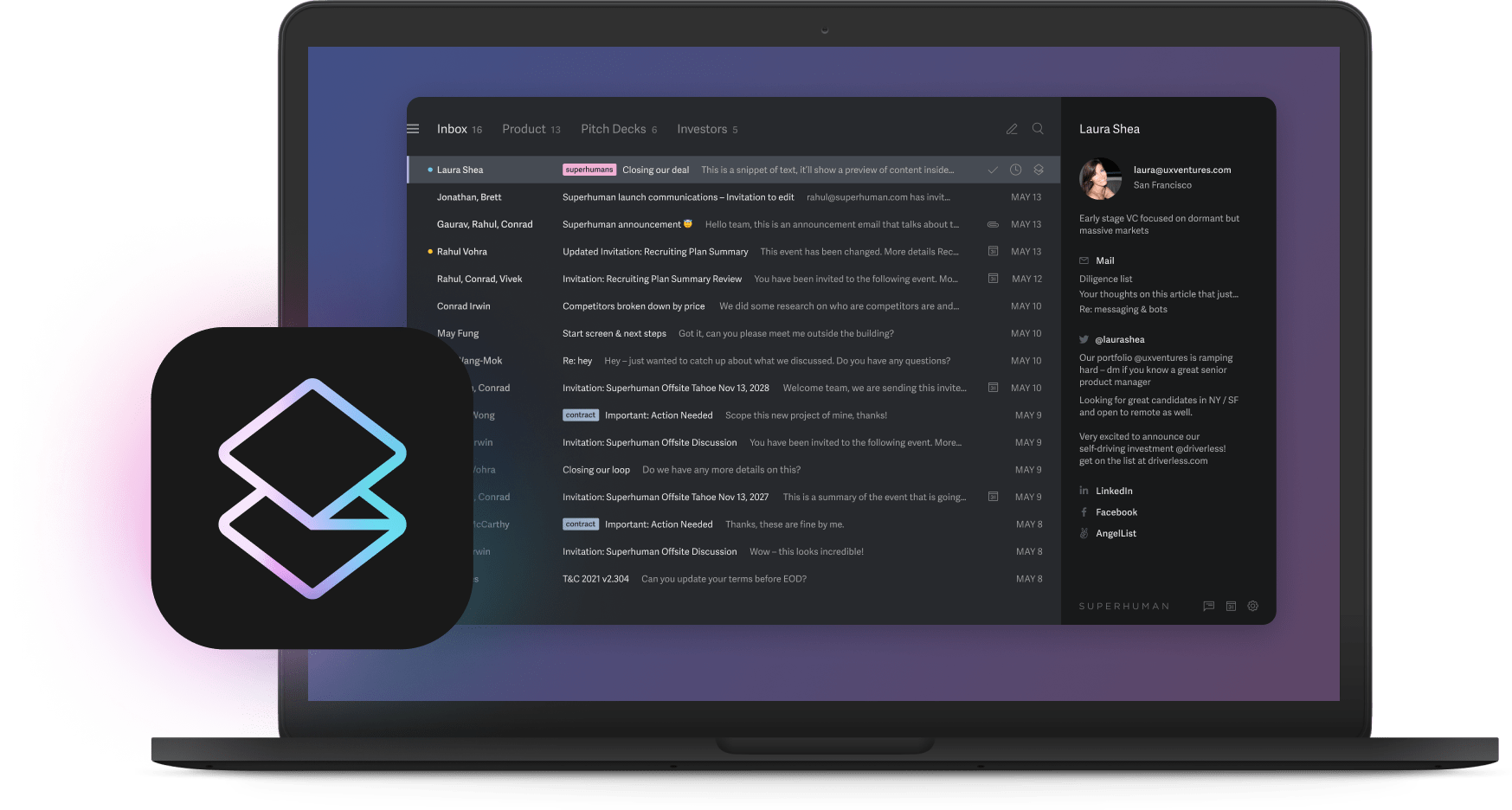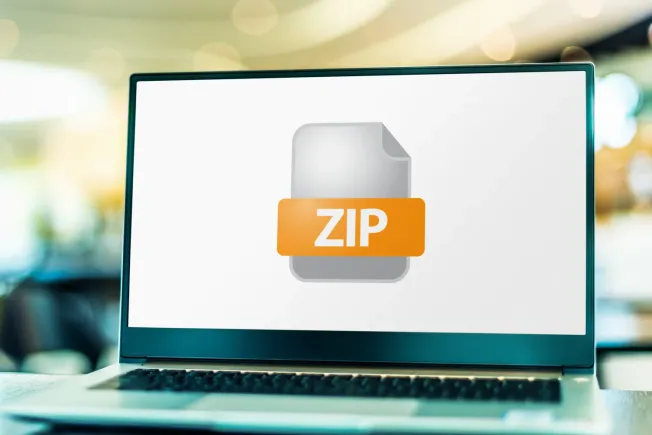
Ever spend hours training new employees only to repeat everything when they leave? Adaptive AI solves this problem completely. These systems don't just do tasks, they get better at them every day without anyone watching over them.
The gap between what vendors promised and what technology delivered has finally closed. Yesterday's "smart" systems needed constant attention. Today's adaptive platforms evolve on their own, changing how they work based on new situations and information.
This article shows how companies use self-improving systems to transform everything from email management to supply chain operations, and why businesses using this technology pull ahead of competitors who don't.
Understanding adaptive AI technology and its components
What makes adaptive AI different from the tech you already use? Several things stand out:
- It learns continuously from every interaction
- It adapts to changing situations without needing updates
- It improves itself without human intervention
- It solves problems creatively beyond its initial programming
- It explains its decisions so you understand what's happening
The contrast with traditional AI becomes clear when you compare them side by side:
Aspect | Traditional AI | Adaptive AI |
|---|---|---|
Maintenance | Needs constant updates | Mostly takes care of itself |
Learning | Learns in big batches | Learns continuously in real time |
Performance | Stays the same or declines | Gets better over time |
Adaptability | Struggles with new situations | Handles changes smoothly |
Scalability | Limited by initial design | Grows with your needs |
These differences come from the technology under the hood:
- Smart learning algorithms that improve with experience
- Neural networks that process information like a brain
- Transfer learning that applies knowledge across different tasks
- Evolutionary algorithms that test and refine approaches automatically
- Continuous learning systems that never stop improving
Together, these technologies create systems that don't just follow instructions but actually get better at their jobs every day.
Business benefits of adaptive AI technology
So what can adaptive AI actually do for your business? The advantages go far beyond basic automation:
Enhanced efficiency through pattern recognition and prediction
Adaptive systems spot patterns in your workflows and communications that humans might miss. This cuts down on busy work for your team and anticipates needs before anyone has to ask.
Personalization based on user habits and preferences
Your team members work differently from each other. Adaptive AI notices these differences and creates personalized experiences that feel natural to each person. This happens in both customer-facing tools and internal systems.
Improved user experience through anticipating needs
When technology can predict what users need next, frustration disappears. Adaptive AI transforms experiences from reactive to proactive, saving time and reducing stress.
Better decision-making with real-time insights
Adaptive AI brings important information to your attention exactly when you need it. This timing helps you make faster, smarter decisions when they matter most.
Flexibility and adaptability to changing conditions
Markets change. Customers change. Your business changes. Unlike rigid systems that break under new conditions, adaptive AI adjusts automatically to keep things running smoothly.
Top adaptive AI tools for different use cases
Want to see these principles in action? These leading platforms show how adaptive AI transforms productivity across various business functions:
Superhuman - AI-native email client
Superhuman turns email from a distraction into a performance booster through several adaptive features:
- Learns your writing style by looking at past emails to match your voice and tone, helping you maintain your personal touch at scale
- Creates smart folders automatically based on your specific email patterns, organizing incoming messages without you lifting a finger
- Reminds you about follow-ups so important conversations never fall through the cracks
- Figures out your meeting preferences to suggest times that work best for your schedule
- Understands natural language questions about your inbox so you can find anything in seconds
Teams using Superhuman save 4 hours per person weekly, respond 12 hours faster, and handle twice as many emails in the same amount of time. The system automatically archives hundreds of emails weekly so your inbox feels lighter and your workflow becomes effortless.
Try SuperhumanChatGPT for adaptive learning - Educational AI assistant
ChatGPT transforms how people learn through abilities that adapt to each person:
- Adjusts teaching complexity based on how well you understand the material
- Creates personal learning paths that focus on your specific strengths and weaknesses
- Evolves its feedback as you progress through topics
- Brings in extra resources when it notices you struggling with concepts
- Changes approach mid-conversation to create truly dynamic learning
This approach makes learning feel natural because the experience fits your unique needs rather than forcing you into a one-size-fits-all program.
Google's ReACT agents - Enterprise AI framework
Google's Reasoning and Acting framework helps AI think more like humans:
- Changes strategy when new information comes in
- Observes situations, makes decisions, and uses tools similar to how humans solve problems
- Supports teams across departments with automation that grows smarter over time
- Works as an AI partner managing complex tasks across multiple systems
- Handles challenging situations that would trip up regular automation
These capabilities help businesses automate complex workflows involving multiple steps, tools, and decision points that previously required human judgment.
Bolt.new - AI-powered web development agent
Bolt.new brings a fresh approach to building websites and applications:
- Handles different development stages from initial creation to final deployment
- Controls the entire environment including files and servers
- Sets up necessary tools automatically based on what your project needs
- Works with external services and APIs without requiring technical setup
- Adjusts how it builds things based on your feedback
This autonomy makes development faster and more accessible even for people without deep technical expertise.
Real-world applications across industries
These technologies sound promising, but where are they actually making a difference? Here are some concrete examples:
Healthcare: Personalized treatment and monitoring
In healthcare, adaptive AI helps patients live healthier lives:
- Personalized treatment plans have improved survival rates for breast cancer patients by 20% compared to standard approaches
- Advanced medical imaging systems have achieved superior performance by using specialized components that learn from each scan
- AI for diabetes management has led to a 28% decrease in HbA1c levels over a year compared to regular care
- Clinical decision support tools have changed treatment decisions by 5% through better diagnosis and improved decision processes
Finance: Fraud detection and risk management
Banks and financial companies use adaptive AI to protect money and optimize operations:
- Advanced fraud detection models have achieved 94.2% accuracy with an AUC-ROC of 0.96, far better than traditional approaches
- Real-time fraud pattern spotting catches problems before they cause damage
- Smart risk assessment systems constantly update their criteria based on market conditions and transaction patterns
These capabilities matter in financial services where threats change quickly and risk exposure can shift in minutes.
Supply chain: Predictive maintenance and demand forecasting
Adaptive AI creates more reliable supply chains through:
- Smart equipment monitoring reduces breakdowns by 70%, cuts planning time by 50%, and lowers maintenance costs by 25%
- Inventory optimization that adjusts to seasons, market trends, and unexpected disruptions
- Automated shipping planning that finds new routes in real time based on weather, traffic, and other conditions
These applications help businesses keep operations running smoothly despite increasing supply chain complexity.
Customer experience: Recommendation systems and personalized content
Adaptive AI transforms how businesses connect with customers:
- Smart recommendation systems have increased conversion rates from 2.5% to 4.2% and improved average order values by 30%
- Netflix's personalization engine drives 80% of viewer activity, with personalized thumbnails boosting engagement by up to 30%
- Content that adapts to users delivers information in ways most likely to resonate with each person
These personalization capabilities build stronger customer relationships and increase lifetime value through more meaningful interactions.
Cybersecurity: Threat detection and response
Adaptive AI protects against constantly evolving digital threats:
- Anomaly detection systems identify suspicious activity without needing examples of every possible attack
- Automated response systems contain threats before they spread throughout networks
- Threat intelligence platforms update protection continuously based on global attack patterns
As hackers use increasingly clever techniques, adaptive systems provide the flexibility needed to maintain effective defenses.
The future of adaptive AI in business
Companies winning with adaptive AI understand a simple truth. The biggest gains come when these systems boost what humans do best while handling complex tasks on their own. Tomorrow's market leaders won't just buy smarter technology, they'll build work environments where humans and machines genuinely complement each other, creating something better than either could achieve alone.






